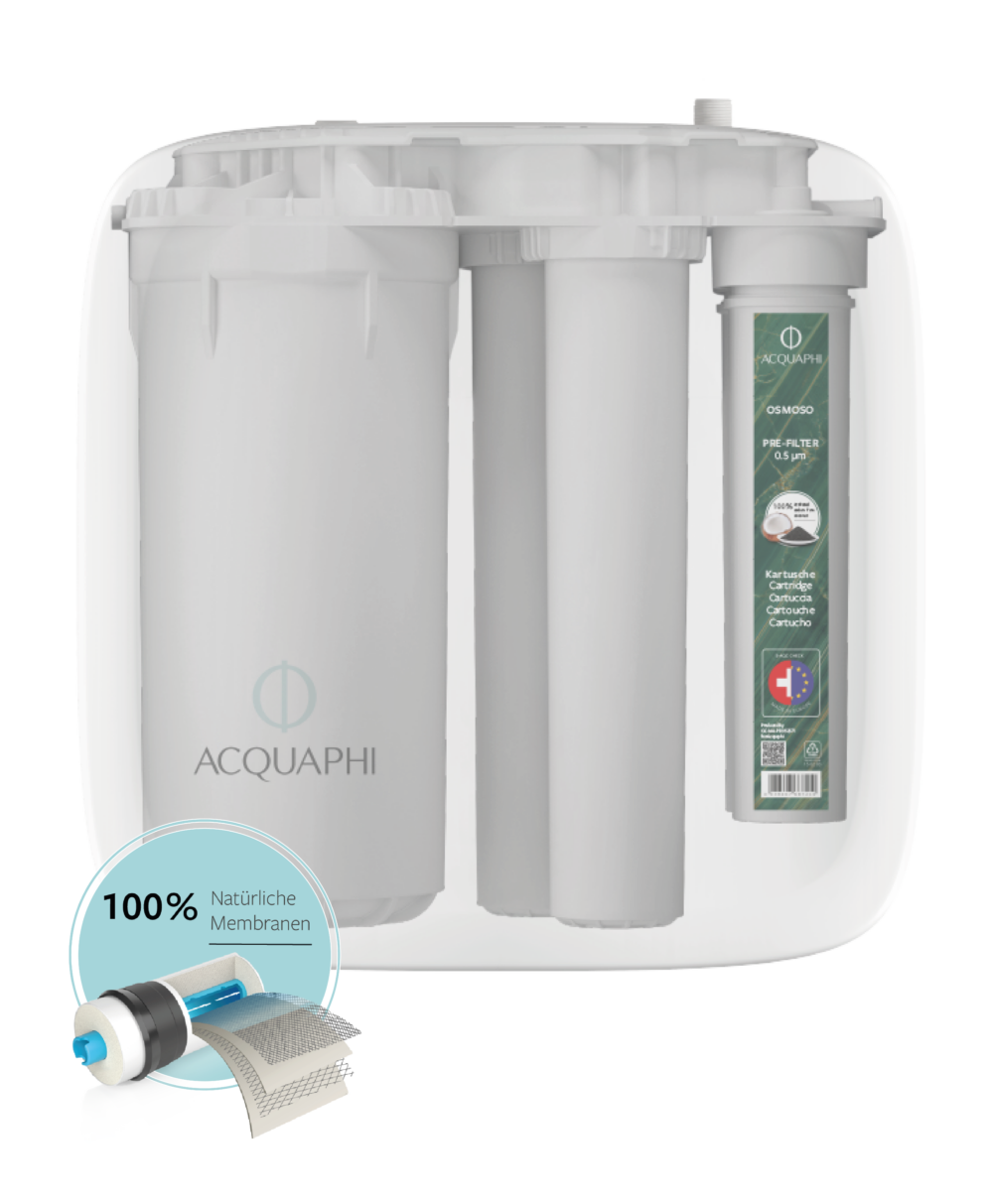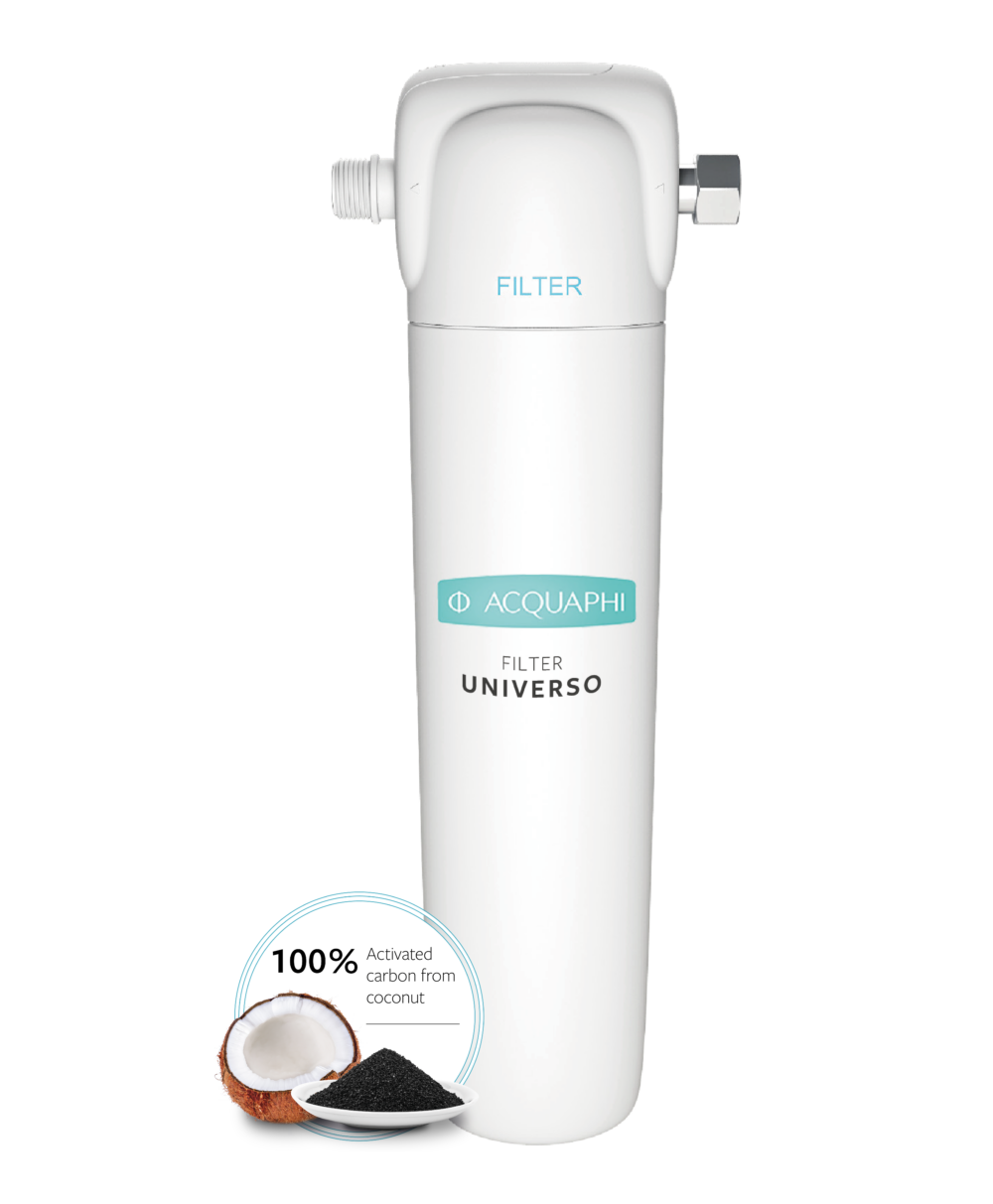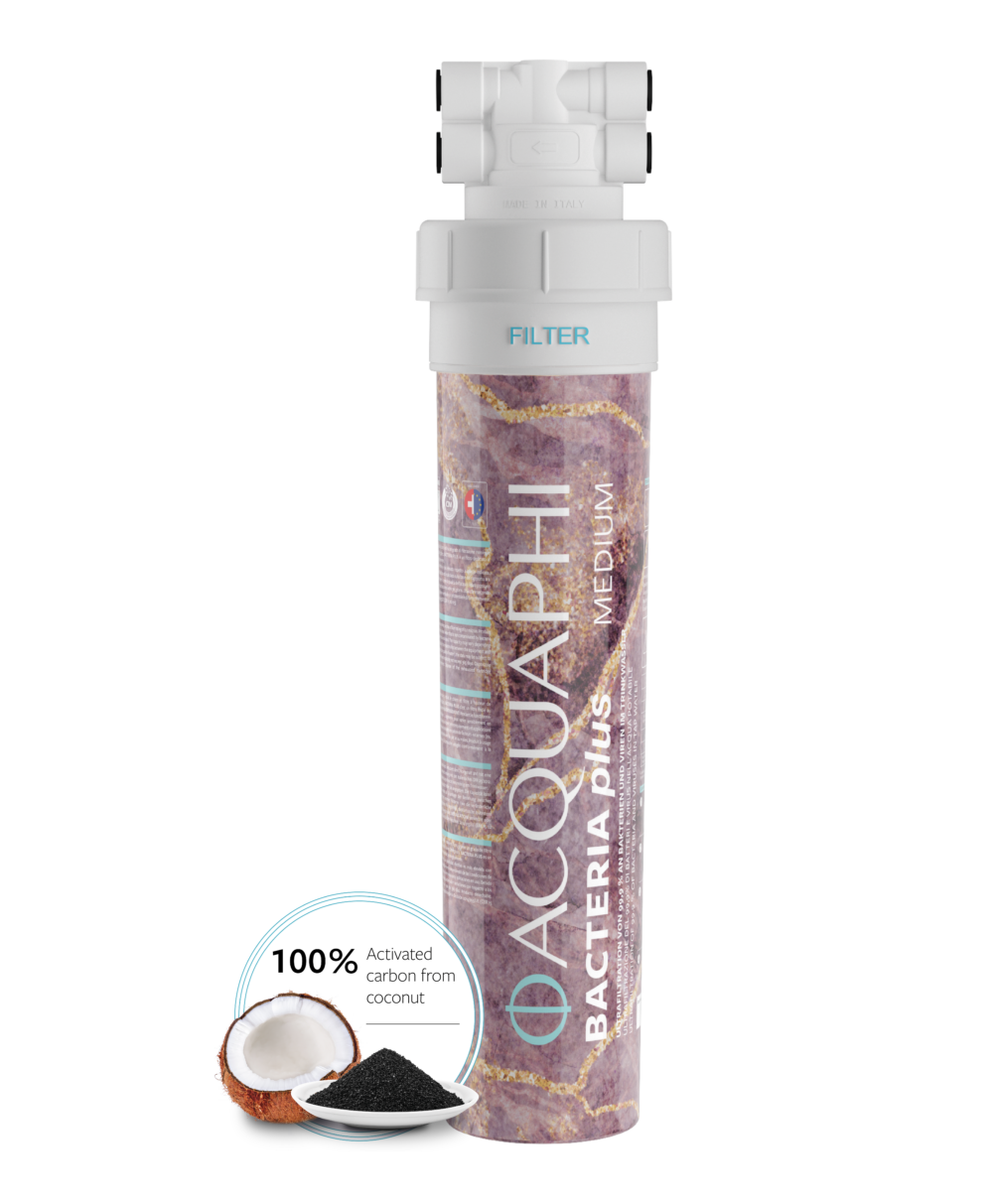Suspended solids and sediments
An excess of inorganic substances such as suspended matter can hinder the penetration of light into the water, which can impair plant growth.
Total suspended solids and sediments
Total suspended solids (TSS for short) are particles larger than 2 microns that are found in water. Most suspended solids consist of inorganic materials, but bacteria and algae can also contribute to water quality.
The water can contain sediment, silt and sand to plankton and algae. Organic particles from decomposing materials can also contribute to TSS concentrations. When algae, plants and animals decompose, small organic particles are released in the decomposition process and enter the water column as suspended solids. The more solids there are in the water, the more turbid the water is.
Some suspended matter can settle as sediment at the bottom of a body of water. This makes the water clear. But: mud increases and can suffocate organisms and eggs. There are also substances that do not settle but float around in the water.
Settleable solids are also called stratified sediments or bedload.
Turbidity vs. suspended solids - What is the difference?
Turbidity is caused by particles in the water and is also due to light scattering and attenuation.
Turbidity is determined by the amount of light scattered by these particles. While this measurement can be used to estimate the total dissolved solids concentration, it is not accurate. In addition, turbidity measurements can be affected. Although these solutes are not included in the TSS measurements, they can lead to artificially low turbidity values because they absorb the light instead of scattering it.
Turbidity and TSS are the most visible indicators of water quality. These suspended solids are caused by soil erosion, agitated bottom sediments or algal blooms. Although some rivers may naturally have high levels of suspended sediment, clear water is usually considered an indicator of healthy water. A sudden increase in turbidity in a previously clear body of water is therefore a cause for concern. However, excessive suspended sediment can not only affect water quality, but also impede navigation and increase the risk of flooding.
The most common suspended solids
Bacteria
Bacteria are usually found in well water sources. Legionella and coliform bacteria are among the most common types of bacteria found in water. Certain types of bacteria pose a risk of illness when consumed, while others indicate that pathogens that cause illness may be present in your water.
Clay
Clay can cloud and contaminate the water. While clay is not harmful in small quantities, it can affect the taste and smell of the water.
Gravel
Gravel can also cloud the water. But you won't be able to see them, they are too small for that.
Sand
Sand in water is a problem especially in areas with a sandier soil composition. This problem is most common among well owners, and the easiest solution is to filter it out with a sediment filter. This is because sand usually settles at the bottom of water bodies.
Silt
Silt particles are usually between the size of sand and clay and are found in rivers, lakes and soil. It is not dangerous, but can affect the aesthetics and change the appearance of the water.
What increases the total amount of suspended matter in the water?
Erosion & runoff
Increased erosion of the banks of rivers and streams can increase TSS levels in the water. Suspended particles released from dirt and soil can settle in the water and give it a turbid appearance.
Human pollution
Pollution is responsible for poor TSS levels in water sources. Pathogens and heavy metals can attach to water particles and degrade quality. Common contaminants include pesticides, lead, bacteria and mercury.
Algae
Algae are found in both salt and fresh water. When these organisms die, organic material is released into the water, reducing the oxygen content of the water and increasing the TSS level.
Sediment disturbance
Heavier sediments such as sand and gravel usually settle to the bottom of river beds and streams. However, when human or natural activities stir up sediment in a flowing watercourse, this can increase TSS levels downstream.
Effects of high TSS in water
High levels of suspended solids in drinking water or wastewater can have an impact on both the environment and human health:
- Gastrointestinal problems or even death.
- TSS can reduce the natural dissolved oxygen content of water and increase water temperature, making it impossible for small fish to survive.
- TSS can also block sunlight, which affects plant survival.
In terms of water quality, a high TSS level can reduce the natural dissolved oxygen content of the water and increase the water temperature. This can lead to organisms living in the water, such as small fish, not surviving. TSS can also block sunlight, plants die and the oxygen content of the water decreases.
The total suspended solids content in drinking water can also affect human health: i Bacteria and algae, for example, can cause gastrointestinal problems, while pollutants such as metals can cause serious damage to health or even death. Other TSS are harmless to health but disturb aesthetics.
Sources:
https://www.fondriest.com/environmental-measurements/parameters/water-quality/turbidity-total-suspended-solids-water-clarity/
https://www.wwdmag.com/suspended-solids-monitors/what-total-suspended-solids-tss




